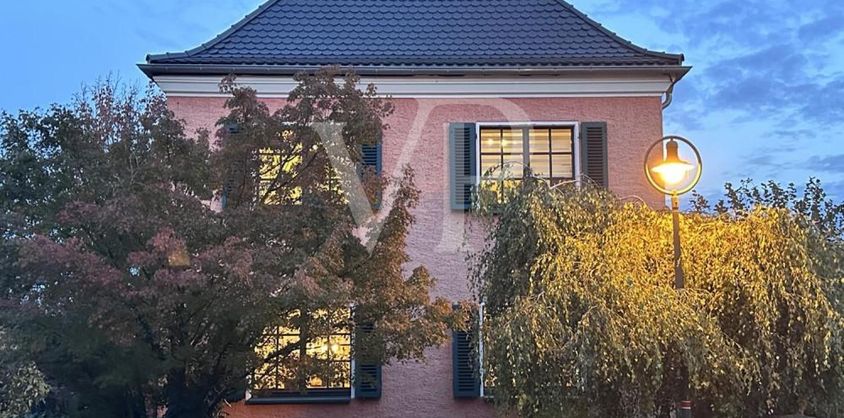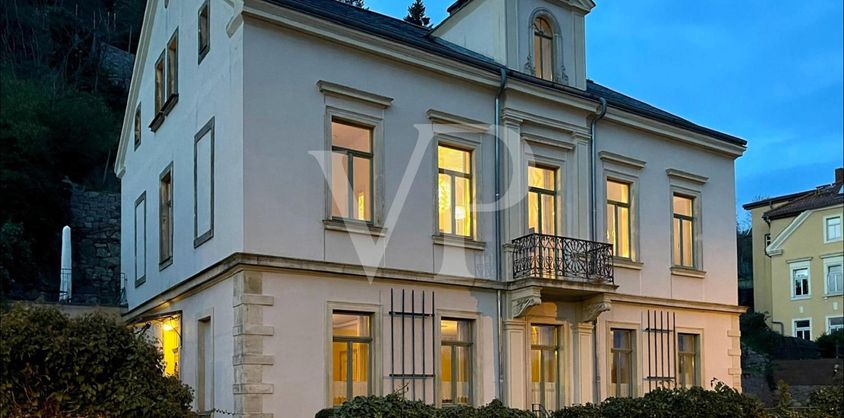
WEIGHT: 64 kg
Bust: Small
1 HOUR:100$
NIGHT: +100$
Services: Humiliation (giving), Pole Dancing, Massage classic, For family couples, Strap-ons
Ecosystem services as the direct and indirect contributions of ecosystems to human well-being are gaining increasing attention in science, policy, and society. Identifying, mapping, and capturing the values of ecosystem services and the integration of this knowledge in public and private decision-making are important objectives of national, European, and international biodiversity and sustainability strategies.
The MSc programme in Ecosystem Services is devoted to understanding the causes of biodiversity loss and ecosystem degradation as well as to analysing their impacts on ecosystem functioning and human well-being in an interdisciplinary manner. Compulsory courses include the basics of ecosystem services, empirical social research methods, biodiversity and ecosystem governance as well as ecological economics. Courses on ecology, such as applied ecology and taxonomy, complement the subjects taught in the first two semesters.

Starting in the second semester, students can choose among a variety of optional courses to deepen their knowledge in fields such as Environmental Social Sciences, Ecology and Collections, Forestry, Biotechnology, or Spatial Development and Natural Resource Management. During the second semester and especially the third semester, courses may also take place in Dresden or Tharandt, depending on the selected focus area.
Students can acquire methodological skills in ecosystem services case studies, quantitative methods in empirical social research, or ecological modelling. Alternatively, students can choose to spend a mobility semester abroad during the third semester. The fourth semester is dedicated to preparing the Master's thesis. This includes the Deutschland-Ticket, a ticket for most local public transport bus, tram, ferry, S-Bahn and regional trains in all of Germany incl.

Additionally, students can use a bike rental service all over the city of Dresden for free for 30 minutes. The contribution also assures concessions in the university cafeterias and offers benefits e. Zittau and Dresden offer high quality of living at very moderate costs. Currently, students should expect to pay around EUR per month including rent, food, insurance and basic expenses. This figure is relatively low compared to other big German cities.


































